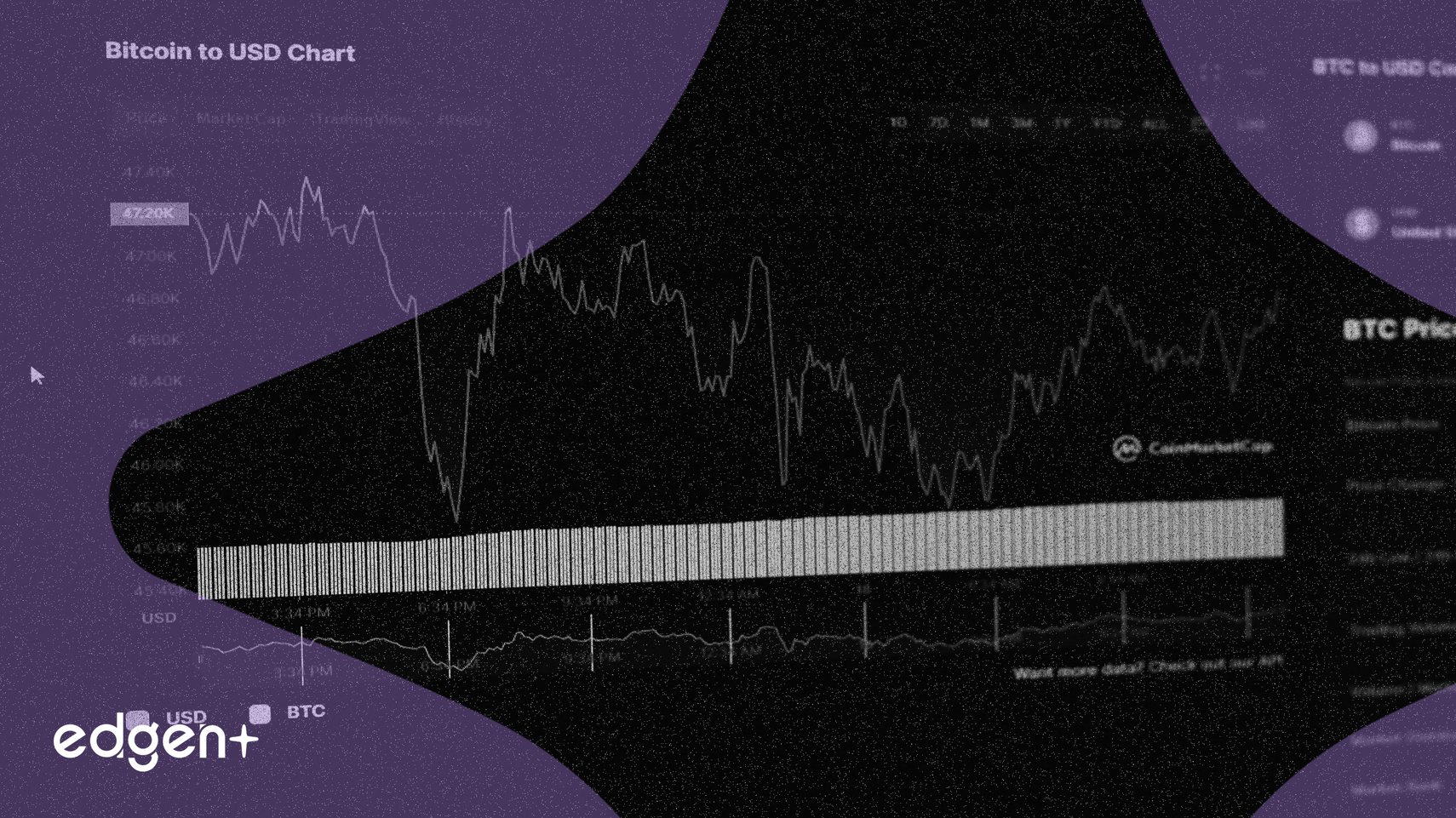Opening
Meta Platforms Inc. (META) has significantly expanded its efforts to shape legislative discourse surrounding artificial intelligence, establishing a national super political action committee (PAC) to influence state-level AI regulation. This strategic move underscores the tech giant's proactive stance in navigating a complex and rapidly evolving regulatory landscape that could profoundly impact its future growth trajectory in the AI sector.
The Event in Detail
The newly formed super PAC, named the "American Technology Excellence Project," was publicly announced this week. It will be co-led by Republican operative Brian Baker and the Democratic consulting firm Hilltop Public Solutions, reflecting a bipartisan approach to policy influence. Meta has committed to investing tens of millions of dollars into this initiative, which aims to identify and support state-level candidates from both major parties who demonstrate a favorable view towards technological advancement and AI innovation.
According to reports, the super PAC's objectives include promoting and defending U.S. technology companies and leadership, advocating for AI progress, and encouraging parental responsibility for children's use of online applications and AI technologies. This national effort follows the earlier formation of a California-specific super PAC, "Mobilizing Economic Transformation Across California," highlighting Meta's escalating engagement in political advocacy. The company cites the introduction of approximately 1,100 state-level tech policy bills this year alone as a key driver for its intensified lobbying efforts.
Analysis of Market Reaction
Meta's formation of the "American Technology Excellence Project" signals a calculated response to the increasing patchwork of state-level AI regulations. The company perceives many of these proposed bills as "poorly crafted" and potentially detrimental to U.S. competitiveness in the global AI race, particularly against China. This initiative is part of a broader dual strategy that combines aggressive political lobbying with substantial internal risk mitigation and infrastructure investment.
Beyond external lobbying, Meta has also implemented its Frontier AI Framework internally, classifying AI models as "high-risk" or "critical-risk" to ensure safety protocols are met before deployment. While this framework addresses ethical concerns and potentially mitigates reputational damage, it could also lead to slower deployment timelines for some AI innovations, posing a challenge to rapid market penetration. The proactive engagement in policy-making is a direct acknowledgment of the significant influence regulation can exert on technological development and market opportunities.
Broader Context & Implications
The launch of Meta's national super PAC is not an isolated event but rather part of a wider trend within the technology industry to actively shape AI governance. Other significant players, including Andreessen Horowitz and OpenAI co-founder Greg Brockman, have also invested over $100 million into a separate PAC called "Leading the Future," which shares similar objectives of advancing a clear policy agenda for the AI industry at both federal and state levels. Meta's total lobbying expenditure in the U.S. this year stands at nearly $14 million, underscoring the scale of its commitment to influencing policy.
Adding another layer of complexity is the federal government's "America's AI Action Plan," unveiled in 2025. This comprehensive roadmap aims to dismantle regulatory barriers, boost U.S. investment in AI infrastructure and talent, and solidify U.S. leadership in global AI markets. The plan encourages states to deregulate by tying federal funding to such actions, potentially creating an uneven playing field where companies operating in states with stricter AI regulations may face reduced eligibility for federal support.
From a financial perspective, Meta's 2025 strategy includes a substantial $65–72 billion CAPEX plan for building in-house AI infrastructure, including custom chips to lessen its reliance on companies like Nvidia. While this investment targets long-term efficiency gains, it has compressed short-term profitability. The company's trailing P/E ratio of 27.3x and P/S ratio of 11.5x reflect investor optimism regarding AI-driven growth, yet they also highlight vulnerability to rising regulatory costs. International headwinds, such as potential daily fines of up to 5% of revenue under the EU's Digital Markets Act (DMA), further contribute to increased stock volatility. The regulatory environment has clearly shifted investor risk premiums, making compliance pathways a significant factor. For example, Broadcom (AVGO) is seen as a potential beneficiary of Meta's AI infrastructure spending, particularly in ASIC development, and could potentially surpass Meta in valuation if regulatory costs persist.
Brian Rice, Meta's vice president of public policy, emphasized the company's motivation behind these efforts:
"Amid a growing patchwork of inconsistent regulations that threaten homegrown innovation and investments in AI, state lawmakers are uniquely positioned to ensure that America remains a global technology leader."
This statement underscores Meta's view that a fragmented regulatory approach could stifle innovation and jeopardize U.S. leadership in a critical technological domain.
Looking Ahead
The coming months are likely to see continued legislative activity at both state and federal levels regarding AI regulation. The interplay between federal incentives for deregulation and states' individual approaches to policy will be a key factor to watch. Meta's intensified lobbying efforts, coupled with its significant investments in AI infrastructure, position the company for a protracted engagement in shaping the regulatory environment. Investors will be closely monitoring how effectively Meta can navigate these regulatory headwinds, balance its substantial CAPEX with profitability, and maintain its operational efficiency (currently reflected in a Rule of 40 of 61% and an EBITDA margin of 61%) amidst growing compliance burdens. The outcome will have significant implications not only for Meta (META) but for the broader Technology Sector and the future trajectory of AI Sector development in the United States.
ソース:[1] Market Chatter: Meta Platforms Launches Super PAC to Influence State Tech Policy (https://finance.yahoo.com/news/market-chatter ...)[2] Meta Launches National Super PAC To Fight AI Regulation 09/24/2025 - MediaPost (https://vertexaisearch.cloud.google.com/groun ...)[3] Meta's Strategic Push Against AI Regulation: Navigating Regulatory Headwinds and Investor Sentiment in 2025 - AInvest (https://vertexaisearch.cloud.google.com/groun ...)



